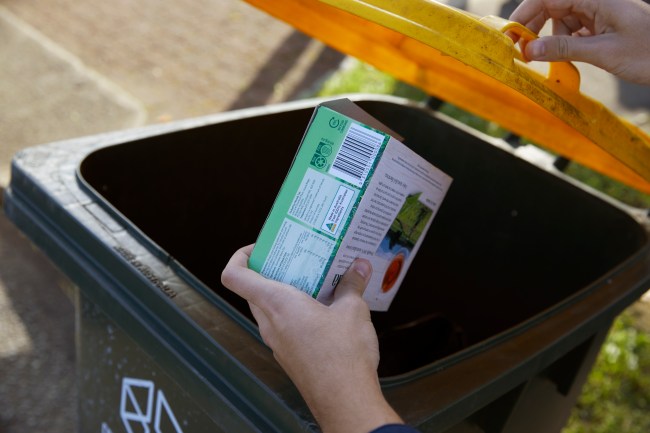
The Australian Packaging Covenant Organisation (APCO) has confirmed it will not introduce the proposed Extended Producer Responsibility (EPR) fee model in FY27, following consultation with members and stakeholders in early 2025.
The organisation said while there’s strong support for the intent of EPR, feedback highlighted the need for regulation certainty, transparency, and governance before implementation.
APCO said it will work with industry and government to refine the model and ensure it is fair, practical and well-designed for future implementation.
“APCO heard from almost 220 member organisations, along with external stakeholders from across the packaging value chain. Overall, there was strong support for the intent behind an EPR approach to packaging and a recognition that additional investment in collection, sorting, and reprocessing is required,” it said.
“However, many members and stakeholders expressed the need for greater regulatory certainty and free rider management.
“Additionally, members want more detail on how fees would be used, how fairness and transparency would be maintained, and how governance and oversight mechanisms would support accountability.
“Recognising this, the EPR fee model will not be introduced in FY27. This means the new proposed model of ‘base fee’ plus ‘EPR fee’ will not be activated next year, and APCO fees for FY27 will continue to be charged using the current turnover-based method. APCO will continue to consider adjustments in line with CPI and other cost recovery needs.”
Feedback from the consultation also highlighted the following priorities:
- Industry needs regulatory certainty and a pathway that avoids duplication and confusion: Acting now, without clarity about packaging’s future regulatory framework, risks misalignment. There’s strong support for national consistency, but concerns remain about overlapping obligations and unclear roles. Until the government confirms its position, industry have asked APCO to focus on building the foundations for an industry-led response.
- Industry supports the intent of EPR but wants a model that’s practical, fair and delivers results: A strengthened EPR system must go beyond intent. While many support the principle of producers taking greater responsibility, there’s concern that ambition must be matched by clarity, capability, and commitment across the entire system, not just from those already doing the right thing.
- Industry wants a fee model that’s proportionate and reflects real-world packaging realities: Significant fee increases need to be backed by a clear value proposition. If industry is asked to invest more, there must be transparency on how funds are used in the system and confidence that costs are being shared equitably. Many businesses have invested in upgrading packaging despite working on thin margins and want to see this recognised in the fee design.
- Industry wants meaningful governance: Transparency and clear integrity matters. If members are contributing significant new funding, they want confidence in how it’s spent. Clear governance, regular reporting, and a defined process for member input are essential to building trust and driving outcomes.
- Industry wants reporting that’s efficient, not onerous and support to build capability: Packaging data requirements are already complex, and increasing the burden without adequate support could backfire. Assurance requirements need to be fit-for-purpose and proportionate.
- Industry wants a model that reflects the realities of each sector: Different sectors face different challenges. Whether it’s food safety, therapeutic goods, compostables, or existing stewardship schemes, a one-size-fits-all approach won’t work. Although applicable to a minority of situations, a few members want us to explore how exemptions, discounts, and special conditions can be applied in a way that’s fair, evidence-based, and aligned with national goals.
- Industry needs time to prepare and a transition that sets the system up for success: Businesses need time to plan, budget, and adapt systems. Many are already making 2027 decisions today. A phased approach, longer lead times, and clearer milestones are needed to get the timing right.
APCO said it will share a full consultation summary and more information on next steps in the next few months, to refine a model that is fit for purpose to achieve packaging sustainability goals.


